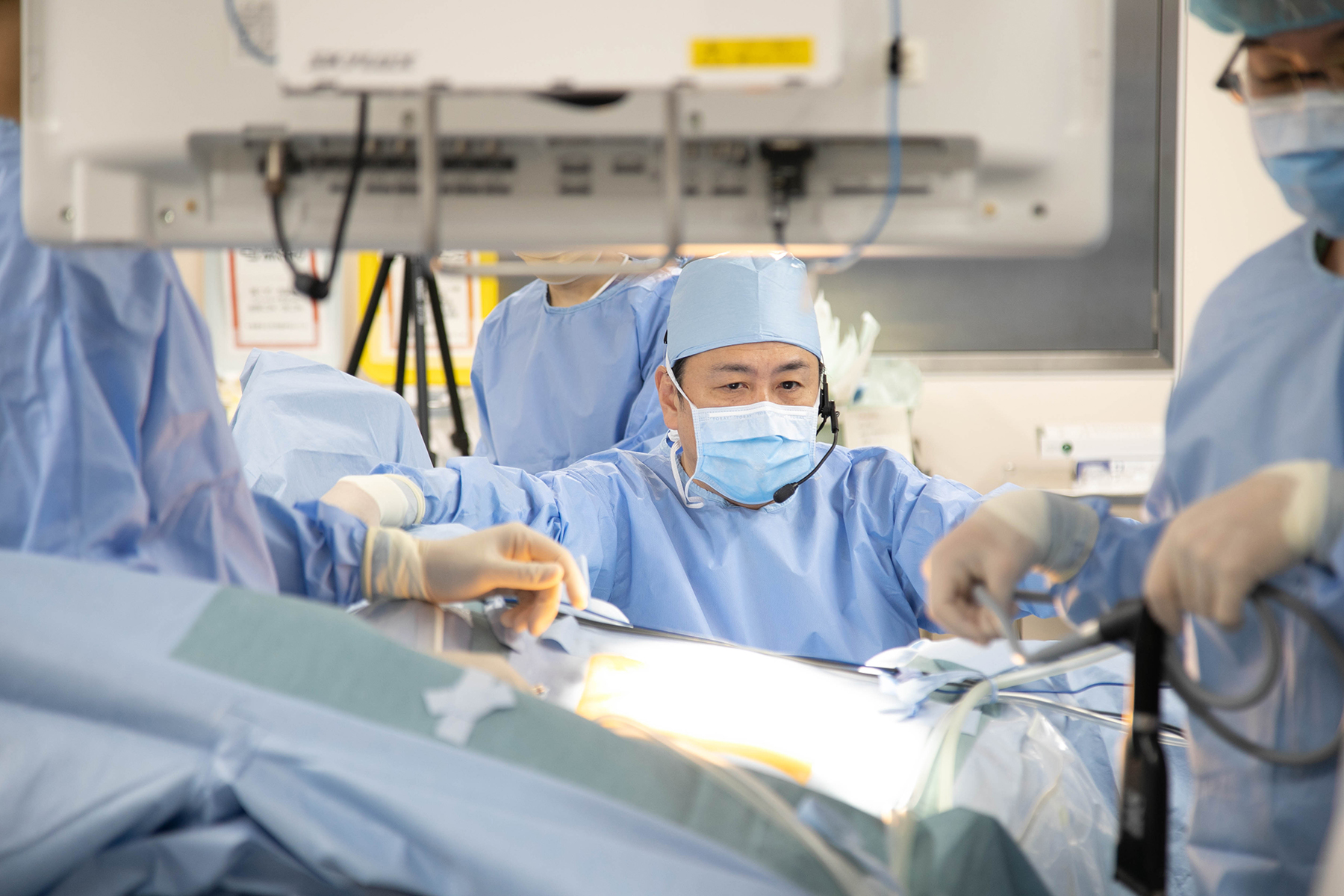
China has initiated testing of an AI assistant designed for neurosurgeons across seven hospitals in Beijing and other cities. This endeavor is part of a broader government-backed initiative to leverage technology in healthcare.
A Hong Kong-based agency under the Chinese Academy of Sciences has developed an AI model based on Meta Platforms Inc.’s Llama 2.0. Trained with extensive medical literature, including papers and journals, the model aims to serve as a surgery consultant for physicians, offering insights and guidance during procedures.
China’s state institutions, along with private firms, are investing in homegrown AI technologies, inspired by platforms like OpenAI’s ChatGPT. The Chinese Academy of Sciences’ TaiChu model, approved for public rollout in August, demonstrates potential applications in diagnostics and consultations.
The AI model, named the CARES Copilot 1.0, is equipped to provide answers with citations from over a million academic records. It can analyze diagnostic data from various sources, including MRI, ultrasound, and CT scans, as well as process images, text, and audio inputs. Researchers envision the AI taking a proactive role in patient care by cautioning against risky procedures.
Despite challenges such as limited access to advanced computing chips, researchers remain optimistic about developing specialized AI models tailored to China’s healthcare needs. By leveraging high-quality data from leading mainland hospitals, they aim to create distinct solutions unavailable to other platforms.
The introduction of AI assistants in neurosurgery reflects China’s commitment to innovation in healthcare, potentially enhancing medical decision-making and patient outcomes.
#China #AI #Healthcare #Neurosurgery #ArtificialIntelligence #Innovation #MedicalTechnology
For more insights and updates, visit our KI Design blog here.
Stay connected with us on Twitter for the latest news and discussion





